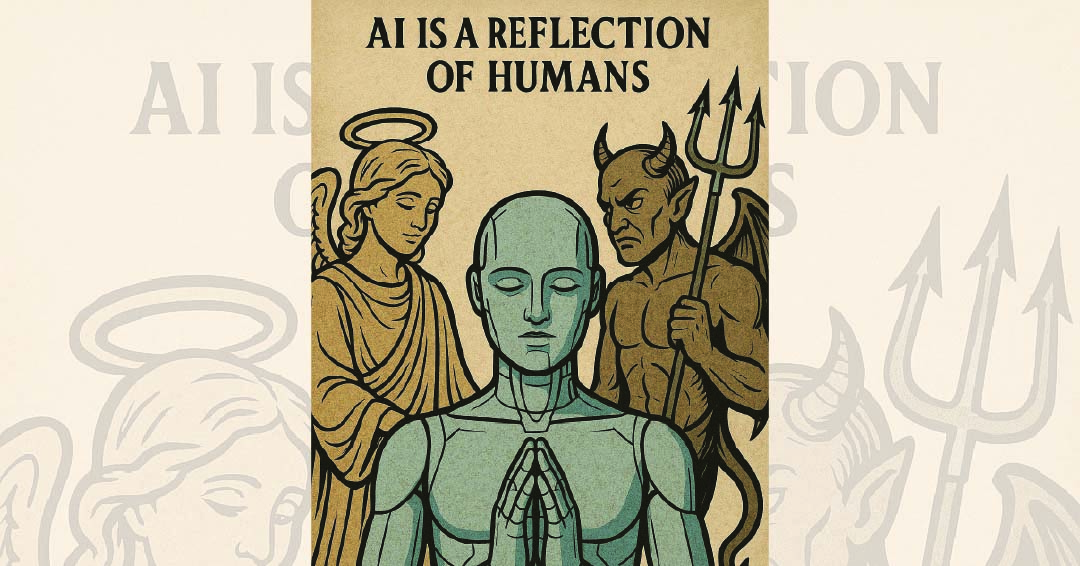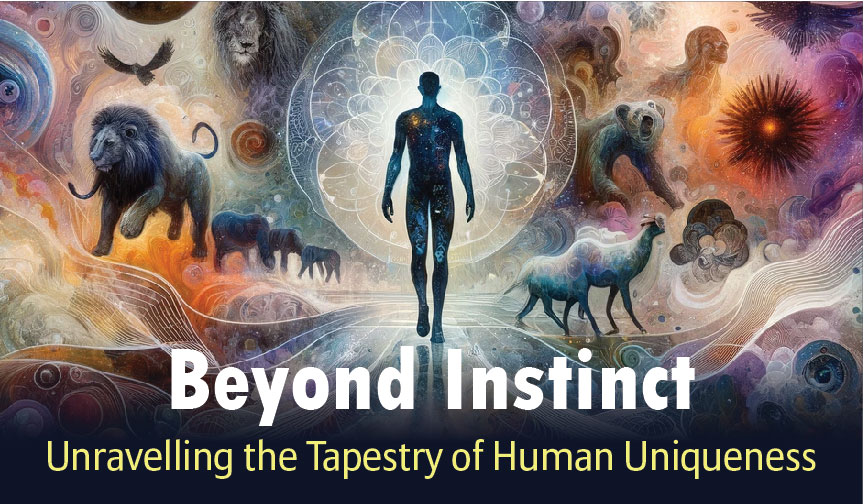Questioning Our Biases

You can also listen to this blog belowNew
Oftentimes, across platforms, the most common apprehension that I receive from people, customers and new recruits alike is on insurers being reluctant on settling claims. Despite being there for people in their direst hours, despite being a bleeding industry in terms of claims, insurers even today are perceived with a negative bias. Being a scientist, and having belonged to this industry and knowing how diligently it has settled claims over all these years, I have often wondered how this deep-rooted bias found its way into the minds of the customers. Upon a bit of analytical deliberation, I realised that insurers have always been in the business of paying claims, by collecting money from many and using it to pay the losses of a few. But since they were custodians of the public money, they ensured the genuineness of any claims lodged, mostly through an exhaustive interrogative process, which often left the customer wary of going through the entire ordeal of claims settlement. And so today, with AI and ML powered claims settlement processes, even as insurers proactively settle claims within minutes, sans any paperwork, people still shrug away from this strong financial tool, citing age old negative biases.
Such biases exist not merely for the insurance sector alone, even other services in the finance sector are not aloof. A significant population that overlooks other investment avenues apart from Gold and Real Estate can be another example. Coming from an era where state sponsored services were the only options available, people tend to question services provided by the private sector even today. If we look around, similar examples of biases dictating our behaviour are just everywhere. From individual decisions to collective ones, such biases form a part of our reflexive actions. These deeply influential attitudes often operate at a sub-conscious level spanning gender, region, religion, age, appearance, wealth etc. and partake in smallest of the decisions which individuals make.
While an explicit show of biases is looked down upon, they are easier to identify and hence easier to tackle. The above citation of investment biases is an example. Other common place examples of outright display of biases will be of people who are racist, sexist, classist etc. Often most of us are not explicitly biased (or that’s how we like to project ourselves socially), since explicitly we believe and project ourselves to be rational, logical and good human beings. But we would be unknowingly acting on the same lines, albeit silently. We are after all a subtotal of our experiences and the biases that we have been commonly exposed to from a peer group, family and media. A few common relatable workplace examples will be of certain managers preferring a male employee for sales related roles, or having affinities towards a colleague or subordinate belonging to the same region as yours, or difficulty towards conforming to a new set of rules laid down by the HR department etc. Identifying such biases within yourself and being open to change is a good way elevate yourself both morally and spiritually. Even I have had tough bosses, who didn’t necessarily treat me fairly, however, this never justified that I treat my subordinates in a similar fashion. This is true especially during the appraisal period, where any such negative biases should be avoided at all costs. If an experience has prejudiced you against a co-worker, if a habit of theirs has led you to form a negative perspective about them, don’t let that cloud your objective assessment of their performance. Don’t be a victim of your prejudices rather open your mind to objectivity by being free of sentiments and perceptions, whether positive or negative.
Sure, questioning such age-old biases and acting upon them is not an easy task. I inculcated this habit in me as my father, very early on in my life itself had advised me to relentlessly question my own actions. He had asked me to never shy away from changing my perspective on things as long as the core values that guided my actions were based on honesty, good will and were deep rooted towards caring for others. Similarly, as long as your biases are a cautioning sign and not a way to create stereotypes or prejudices, they are helpful. But if one limits their actions basis the biases without questioning them from time to time, he/she will tend to lose out on something significant in the long term. Constant questioning of the basis of your actions and constructively changing them as per the changes around you will take you a long way. But remember to ask the right questions. It shouldn’t be a mere “what this bias is” rather should also be “why this bias”. Ostensibly asking these questions will be met with resistance, externally as well as within yourself, but eventually you will overcome both. Once you know the root cause, you’ll be able to take actions and lead the change, benefitting not only yourself but everyone around you.
About the author

Tapan Singhel is the MD & CEO of Bajaj Allianz General Insurance Company Limited. This blog has been initiated by him so that he can directly interact with all the valuable customers and employees of this company.
 Service Chat:
Service Chat: 




Leave a Reply